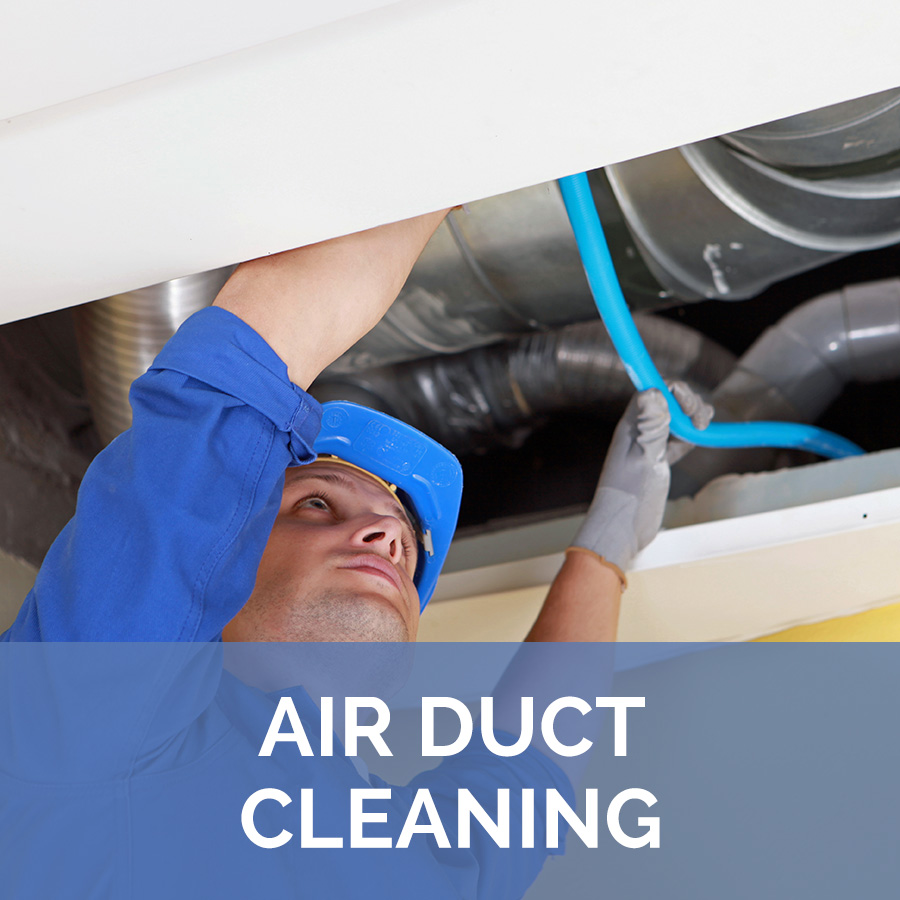Regarding providing satisfaction in the living spaces and workplaces, comprehending HVAC units is essential. HVAC, an abbreviation for heating, ventilation, and air conditioning, has a vital role in ensuring indoor air quality and temperature control. As utility costs increase, understanding how these systems work and their efficiency ratings can aid homeowners and business owners formulate smart decisions that lead to both comfort and savings.
One of the important components to understand when selecting or maintaining an HVAC system is the relevance of efficiency ratings. Two important metrics in this regard are SEER, or Seasonal Energy Efficiency Ratio, and AFUE, or Annual Fuel Utilization Efficiency. These ratings give clarity into how effectively an HVAC unit functions and can influence everything from installation costs to monthly energy bills. In this article, we will explore the definitions of SEER and AFUE, detailing how they influence the efficiency of heating and cooling systems and providing guidance on selecting the right system for your needs.
How Heating, Ventilation, and Air Conditioning Components Operate
HVAC systems, also known as heating, ventilation, and air conditioning, are designed to manage the climate within residential and spaces. informative post operate on the fundamental principle of transferring heat, using multiple components to either warm or chill the air. The two main functions—heating and cooling—are achieved through distinct processes. Heating is usually accomplished via heaters, heat pumps, or boilers, while cooling is achieved through air conditioning units or chillers. Understanding how these components function in unison is essential to maintaining a comfortable indoor environment.
Air circulates through the HVAC system via a system of ducts, which deliver treated air across the building. When heating is necessary, the system intakes cooler air, heats it up, and pushes it back out via the ducts. In opposition, during warmer months, the air conditioning component cools the air by passing it over refrigerant coils. This process not only lowers the temperature but also removes humidity from the air, enhancing comfort levels. Proper airflow and ductwork design for maximizing efficiency in both heating and cooling modes.
Moreover, ventilation plays a critical role in ensuring indoor air quality. HVAC systems are equipped with filters that trap dust, allergens, and other pollutants, making sure that the air circulated in your home or business is pure and healthy. Regular maintenance, including filter changes and system inspections, can help deter common issues that may affect the effectiveness of the HVAC system. By understanding the operation of each component operates and works together, homeowners can make knowledgeable decisions about their heating and cooling needs.
HVAC Maintenance Tips

Consistent servicing of your heating, ventilation, and air conditioning system is crucial to ensure it operates efficiently and effectively. One of the simplest yet key tasks is cleaning air filters. Obstructed filters restrict airflow, making your system work harder and possibly leading to increased energy bills and excessive wear. It is suggested to inspect filters monthly and change them every 1-3 months, according to usage and the kind of filter.
An additional important maintenance task is arranging yearly professional evaluations and service. A skilled technician can detect potential issues before they become major problems, making sure your system runs smoothly. During these inspections, the technician can maintain the components, check refrigerant levels, and examine ducts for leaks. This preventive approach not only improves efficiency but also increases the duration of your HVAC system.
Lastly, don’t forget the outdoor unit of your HVAC system. Maintaining the area around the outdoor condenser free of trash, leaves, and grass can help preserve proper airflow and cooling efficiency. Additionally, ensuring that the blades are clear and not twisted can further enhance performance. Regularly inspecting these areas and taking the appropriate steps to keep them in excellent condition will help your HVAC system run efficiently throughout the seasons.
Selecting the Suitable HVAC Unit
Choosing the appropriate HVAC solution for your home involves considering several critical elements, including the size of your space, your finances, and your energy requirements. Initially, assess the square footage of your residence and your specific heating and cooling requirements. A experienced HVAC technician can perform a load calculation to determine the correct system capacity, which ensures efficient performance and comfort. Investing in the correct size system will help prevent issues such as inadequate heating or cooling and unnecessary energy consumption.
Next, consider the energy efficiency ratings of various HVAC systems. Look for options with high Seasonal Energy Efficiency Ratio (SEER) for cooling and Annual Fuel Utilization Efficiency (AFUE) for heating. These ratings indicate how efficiently the systems operate, which can lead to lower energy bills over time. Additionally, consider the type of system that best suits your lifestyle. Options consist of conventional central air and heating units, ductless mini-split systems, or even smart solar-powered HVAC solutions, each with distinct benefits.
Lastly, think about the long-term maintenance factors and potential upgrades for your selected system. Regular maintenance is essential for keeping your HVAC unit running optimally, so consider how accessible service options are in your area. Additionally, look for features that allow for upcoming innovations, such as smart thermostats or compatibility with energy-efficient technologies. By taking these factors into account, you can make an informed choice that enhances your home's comfort and energy efficiency.
